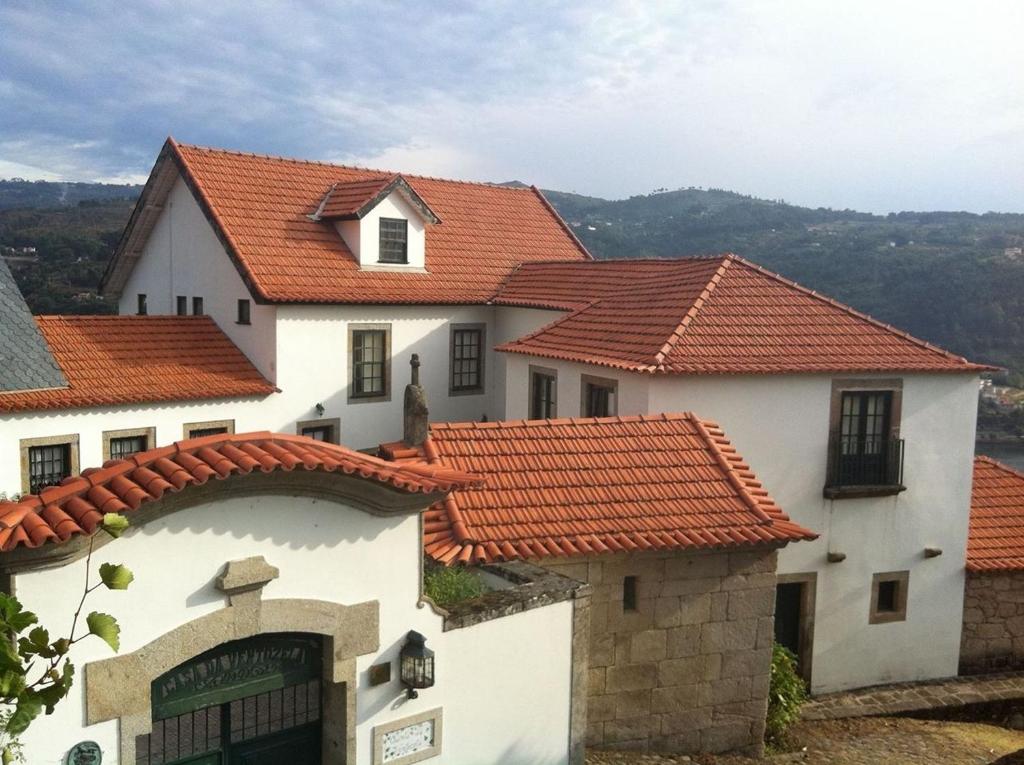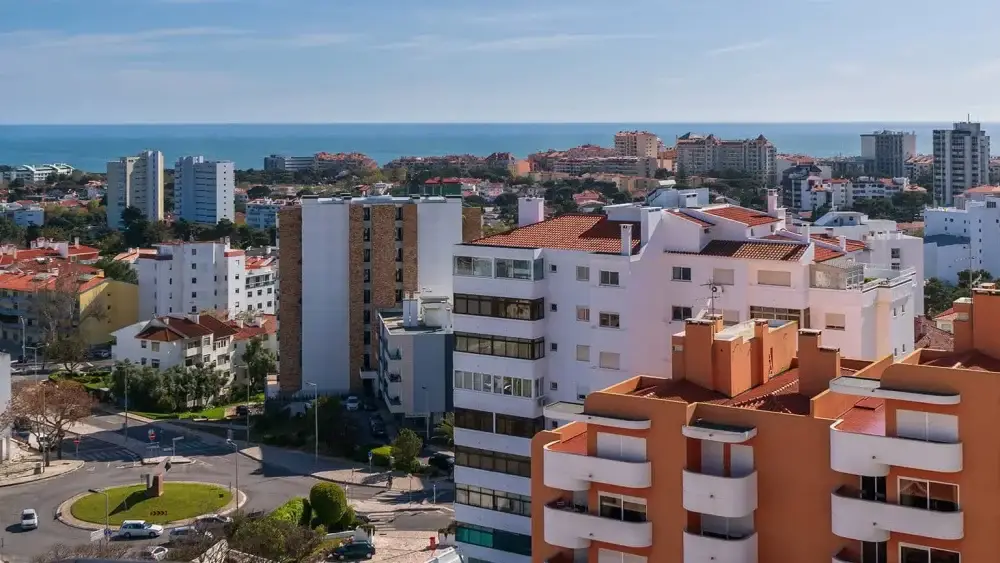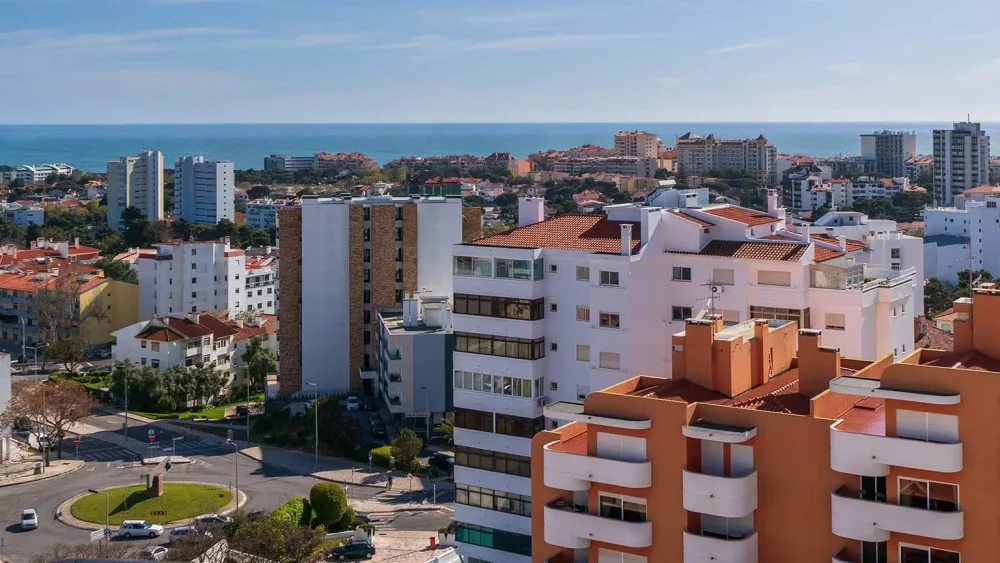Investing in overseas commercial property offers a wide range of opportunities for capital growth, asset diversification and stable income. With globalisation and the expansion of international markets, the format of properties in countries like Portugal continues to attract the attention of investors from around the world. Understanding the key advantages of such investments helps to minimise risk and ensure long-term benefits.
Advantages of investing in commercial property abroad
Investing in overseas commercial property offers unique opportunities to build a stable and diversified portfolio of assets. The main advantages of such investments include long-term income, capital protection and favourable tax conditions.
Income stability and high growth potential
The benefits of investing in overseas commercial property are evident due to high yields, stability and growth potential. Investments provide reliable income streams through long-term leases and regular payments. The average yield in countries with developed property markets is 6-8% per annum. Depending on the region and type of property, the percentage can be even higher.
Long-term contracts with large and stable tenants help to ensure a high level of profitability. In countries with highly developed markets, the parties to a transaction usually sign contracts for 5-10 years, which reduces risks and guarantees regular income.
Diversification of investment portfolio
Investing in foreign commercial property helps to diversify assets, which reduces risks and protects against instability in local markets. Given that economic cycles and political situations can vary significantly from country to country, investing in international markets serves as a good defence against financial crises at home.
Diversification can also include the purchase of different types of property such as office buildings, warehouses, retail space and hotel complexes. This enables the investor to spread risk and generate income from different sources, reducing dependence on a particular sector or geographical region.
Capital protection
One of the key advantages of investing in foreign commercial property is capital protection. In conditions of instability in the home markets, investments in objects abroad allow to secure funds from inflation, currency fluctuations and political risks. For example, EU countries have stable legislation that protects investors’ rights to foreign assets, ensuring a high degree of security. In addition, international investment protection agreements and insurance mechanisms provide further protection.
Advantages of investing in commercial property in Portugal
 Portugal stands out from other European countries due to the favourable conditions for commercial property investors. There is a unique combination of factors that make the country’s market one of the most attractive in Europe.
Portugal stands out from other European countries due to the favourable conditions for commercial property investors. There is a unique combination of factors that make the country’s market one of the most attractive in Europe.
Economic stability and GDP growth
Portugal has an economy that has shown stable growth and a high rate of recovery from the global crises. In recent years, the country’s GDP has been steadily increasing by 2-3% per annum, indicating good market conditions and growing consumer demand. A stable economy creates a solid base for investment in commercial property.
Portfolio growth in such conditions can be ensured not only by stable rental yields, but also by growth in the value of the properties themselves. Portugal continues to modernise its infrastructure, improving transport accessibility and construction standards, which contributes to the increase in commercial property prices in various regions.
Golden Visa Programme and tax advantages
The state offers favourable tax conditions for foreign investors, including a taxation system for commercial property owners, as well as the Golden Visa programme. The model allows investors who invest at least 500,000 euros in square metres to obtain a residence permit in Portugal. This gives not only the right to permanent residence in the country, but also favourable tax conditions for renting out property.
Infrastructure development and tourism
Portugal is one of the most popular tourist destinations in Europe, attracting more than 25 million tourists annually. Tourism actively supports the demand for commercial property, especially in cities such as Lisbon, Porto and the Algarve, where hotel complexes and retail space are in high demand.
The modernisation of the country’s infrastructure is also contributing to rising property values. In recent years, Portugal has been actively developing its transport system, building new airports and improving rail links, which has a positive impact on property returns.
How to choose commercial property for investment abroad
Selecting the right overseas commercial property for investment requires careful analysis of a number of factors. To minimise risks and maximise returns, an investor should consider the following parameters:

-
Location – properties in major tourist and business centres such as Lisbon or Porto offer high yields and value growth potential.
-
The type of property – offices, retail space, warehouses or hotels require different management approaches and different risk assessments.

-
Market conditions – it is important to understand the current and projected conditions in the chosen country.
-
Taxes and legal protection – it is important to consider commissions on rental income, capital gains tax and the level of legal security for foreign investors.
Investing in overseas commercial property as a way to create sustainable assets
 Investing in overseas commercial property provides excellent opportunities for asset diversification, stable income and capital protection. Portugal is one of the most attractive markets for commercial investors due to its robust economy, tax incentives and strong infrastructure development.
Investing in overseas commercial property provides excellent opportunities for asset diversification, stable income and capital protection. Portugal is one of the most attractive markets for commercial investors due to its robust economy, tax incentives and strong infrastructure development.
 en
en  ru
ru  de
de  ar
ar  es
es  nl
nl  hi
hi  fr
fr  it
it  pt
pt  el
el 










